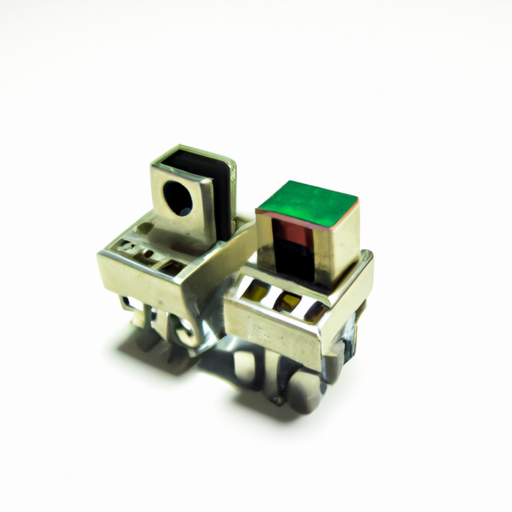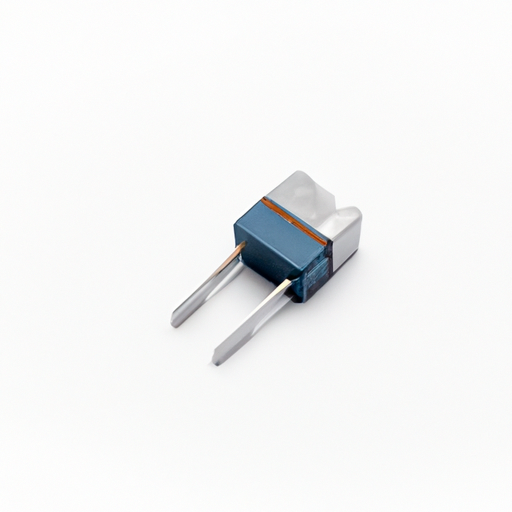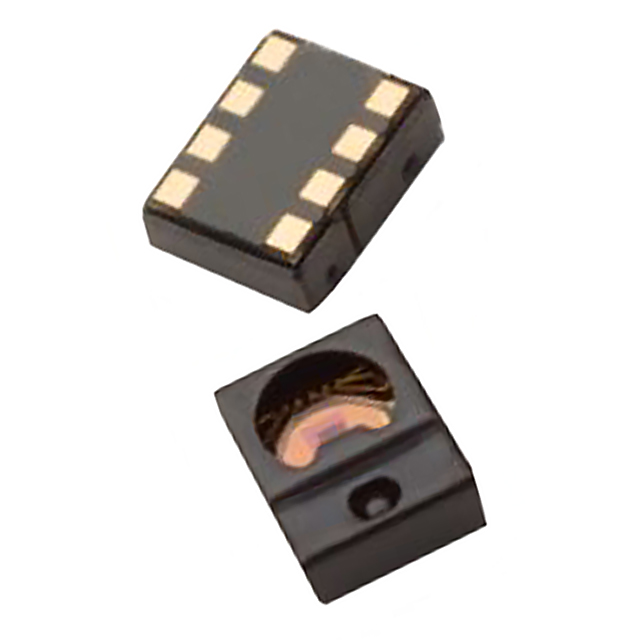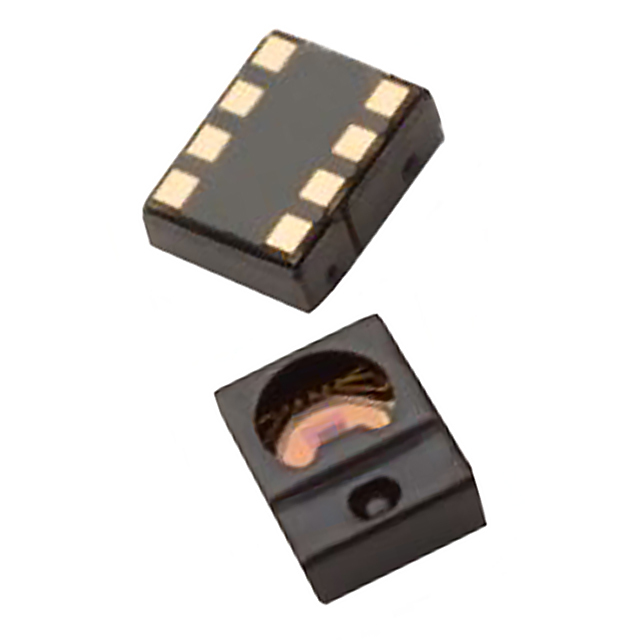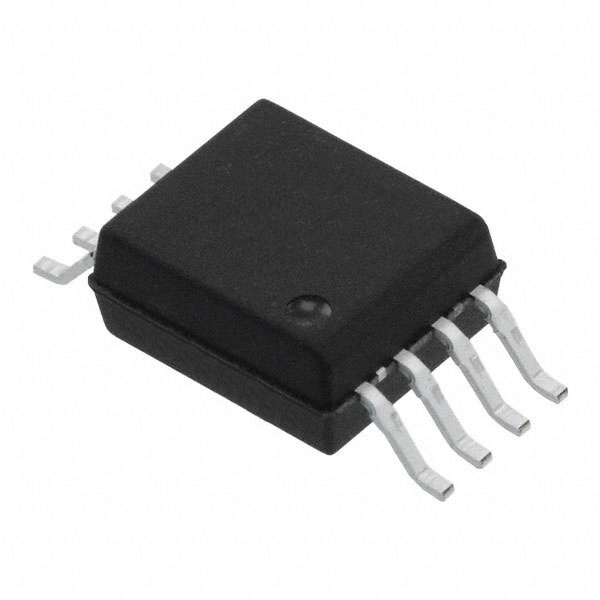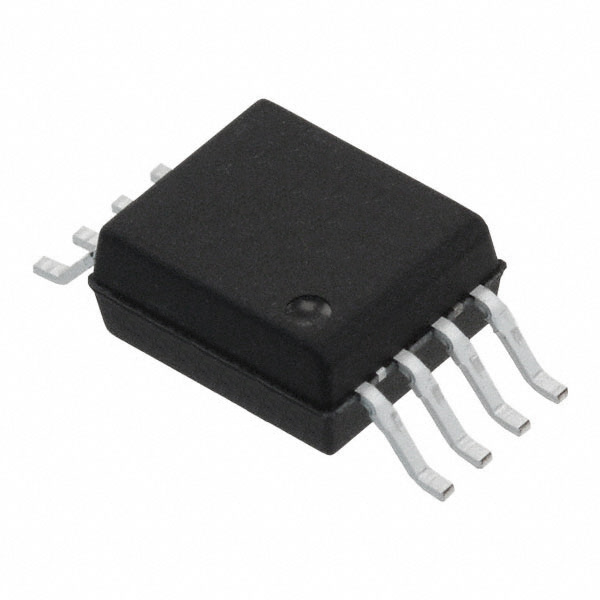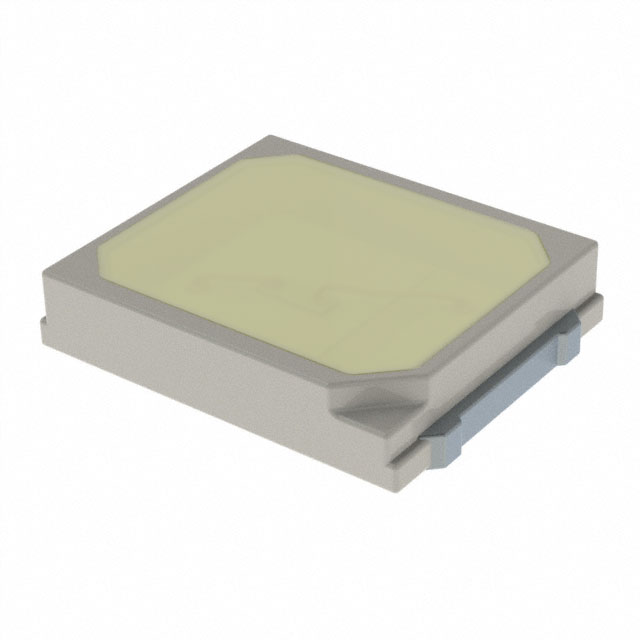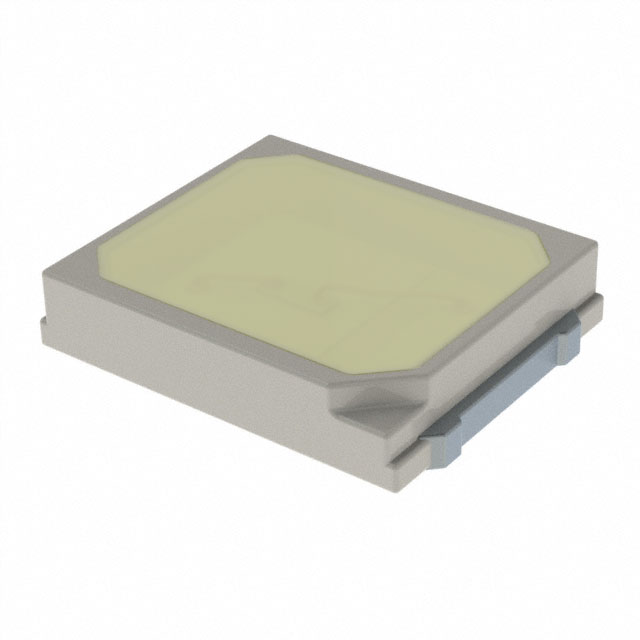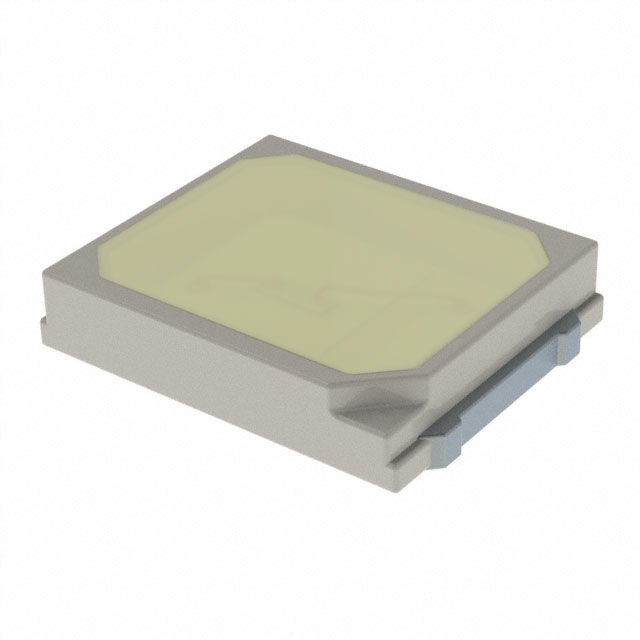CFR-50JB-52-1M3 Trimmer Potentiometers highlighting the core functional technology articles and application development cases of Trimmer Potentiometers that are effective.
Core Functional Technology of Trimmer Potentiometers
1. Adjustable Resistance: Trimmer potentiometers, such as the CFR-50JB-52-1M3, offer a variable resistance that can be manually adjusted. This feature is essential for calibrating circuits, allowing engineers to set precise voltage levels or current flows, which is critical in applications requiring fine-tuning.
2. Compact Design: The CFR-50JB-52-1M3 is engineered with a compact form factor, making it ideal for applications where space is limited. Its small size allows for seamless integration into various electronic devices without compromising design integrity.
3. Durability and Reliability: Built to endure environmental stressors, trimmer potentiometers are designed for long-term reliability. The robust construction of the CFR series ensures that it can withstand repeated adjustments, making it suitable for applications that require frequent tuning.
4. Temperature Stability: Many trimmer potentiometers, including those in the CFR series, maintain their resistance values across a wide temperature range. This characteristic ensures consistent performance in diverse operating conditions, which is crucial for applications sensitive to temperature variations.
5. Taper Options: Trimmer potentiometers are available in various taper options, including linear and logarithmic. This flexibility allows designers to select the appropriate taper based on specific application needs, such as using logarithmic taper in audio applications for more natural volume control.
Application Development Cases
1. Audio Equipment Calibration: In high-fidelity audio systems, trimmer potentiometers are essential for adjusting gain settings, tone controls, and balance. The CFR-50JB-52-1M3 can be utilized to fine-tune these parameters, ensuring optimal sound quality and user satisfaction.
2. Sensor Calibration: Trimmer potentiometers are frequently employed in sensor applications to calibrate output signals. For instance, in temperature sensing circuits, a trimmer can be adjusted to align the output voltage with expected temperature readings, enhancing measurement accuracy.
3. Power Supply Regulation: In power supply circuits, trimmer potentiometers are used to set and stabilize output voltages. By adjusting the resistance, engineers can achieve the desired voltage levels for various components, ensuring reliable operation across the system.
4. Feedback Control Systems: In control systems, trimmer potentiometers can establish reference levels for feedback loops. For example, in motor control applications, a trimmer can adjust the setpoint for speed control, allowing for precise and responsive motor operation.
5. Prototyping and Development: During the prototyping phase of electronic design, trimmer potentiometers provide engineers with the flexibility to quickly adjust circuit parameters without the need for component replacement. This adaptability accelerates the development process and facilitates thorough testing.
6. Consumer Electronics: In consumer devices such as televisions and radios, trimmer potentiometers are utilized for tuning and calibration. They enable users to adjust settings for optimal performance based on personal preferences or varying environmental conditions.
Conclusion
Trimmer potentiometers like the CFR-50JB-52-1M3 are integral to modern electronics, providing adjustable resistance for calibration and fine-tuning across a variety of applications. Their compact design, durability, and versatility make them suitable for a wide range of uses, from audio equipment to sensor calibration and power supply regulation. As technology advances, the significance of these components in ensuring precise control and performance in electronic devices continues to grow, underscoring their essential role in the design and functionality of contemporary electronic systems.

